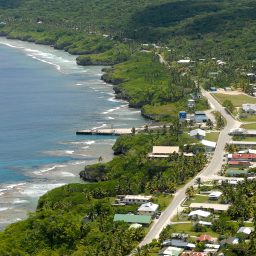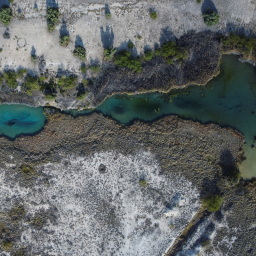A ground-breaking move in Argentina

Argentina’s Congress has become the largest Latin American country to legalise abortion after its senate approved the historic law change by votes in favour on Wednesday after hours of debate in the Senate. The legislation, which would allow abortion until the 14th week of pregnancy, got 131 votes in favour and 117 against with six abstentions, reported the secretary of the Chamber of Deputies after a 20-hour session. The Senate is now expected to address the bill before the end of the year.
The decision came after years of organizing within the Argentine abortion-rights movement. Hundreds of thousands of illegal abortions are carried out every year in the nation of 44 million, and pro-choice campaigners have long-urged authorities to put an end to dangerous backstreet terminations by legalizing the process.
Ahead of the vote, pro-choice and anti-abortion demonstrators had gathered outside parliament despite coronavirus fears. South America has some of the most restrictive abortion laws in the world. In Argentina, terminations were allowed in only two instances: rape, and danger to the mother’s life. “This fight was born in the streets,” Silvia Saravia, a pro-choice activist shared. The vote overturns a similar one in 2018 which, although also passed the lower house, ultimately foundered in the Senate by 38 votes to 31.
After the approval was received with an outburst of joy by thousands of young people in green scarves who had spent the night outside the congress building in Buenos Aires. The scarves have become an emblem of the campaign for legal abortions. Women screamed with delight, sweeping their friends into tight hugs and jumping in ecstasy. Many wept tears of joy. Victory music kicked in and green smoke filled the air. A triumphant message flashed up on a big screen above the joyful crowd: “We did it!” it said. “ES LEY!” (IT’S LAW!).
“Adopting a law that legalizes abortion in a Catholic country as big as Argentina will energize the struggle to ensure women’s rights in Latin America,” said Juan Pappier, a senior Americas researcher at Human Rights Watch. “Although there will certainly be resistance, I think it’s fair to predict that, as it occurred when Argentina legalized same-sex marriage in 2010, this new law could have a domino effect in the region,” Pappier said.
Argentine President Alberto Fernández initially proposed the legislation in mid-November. Fernández, who was elected in late 2019, has been vocal about legalizing abortion during his presidency and says he will sign the measure. The results of Argentina’s vote are significant given the country’s overwhelmingly Roman Catholic population. Pope Francis, who is from Argentina, has previously voiced his opposition to the legislation, equating abortion to hiring “a hitman.”
By Karishma Gwalani
















